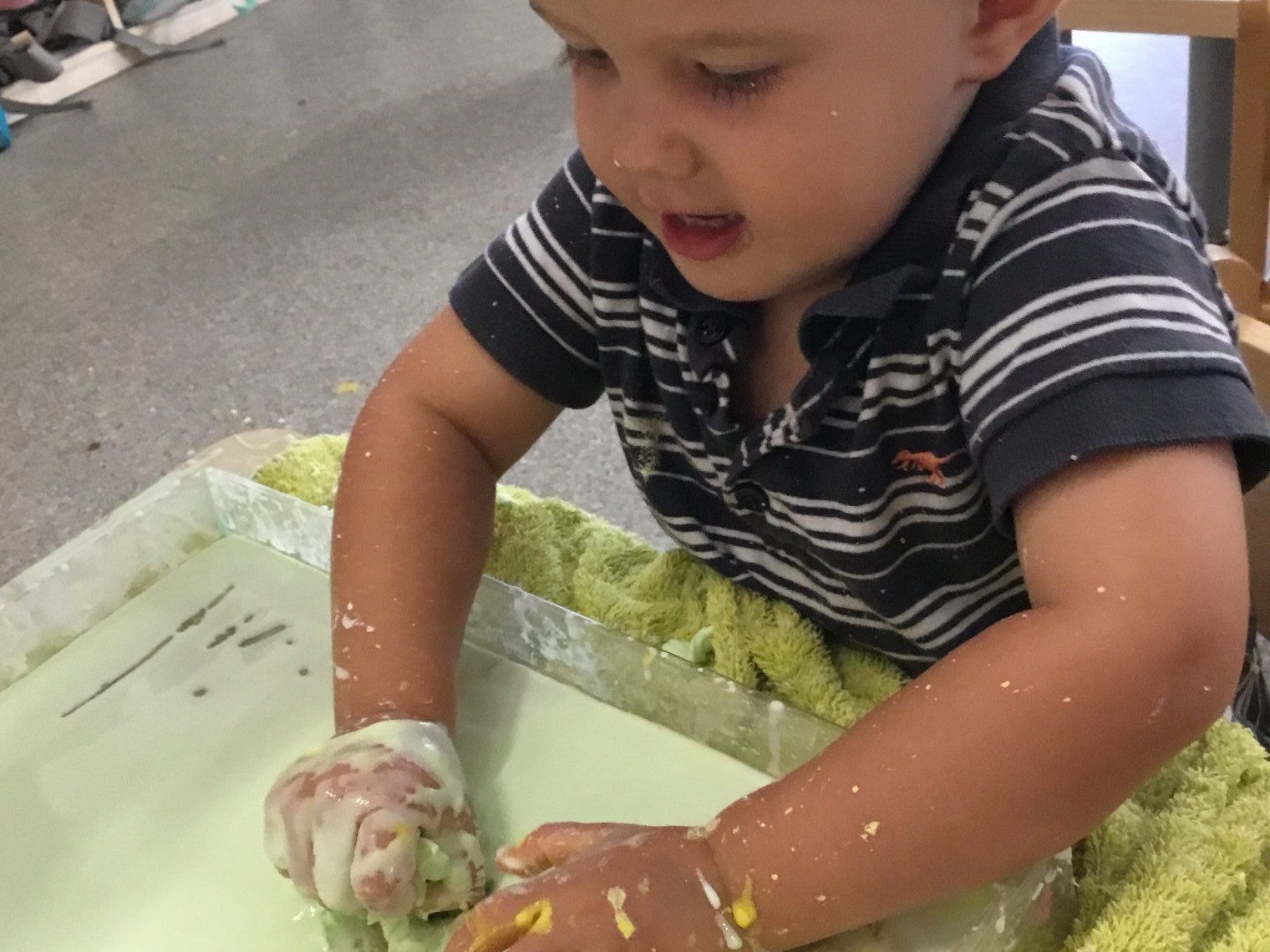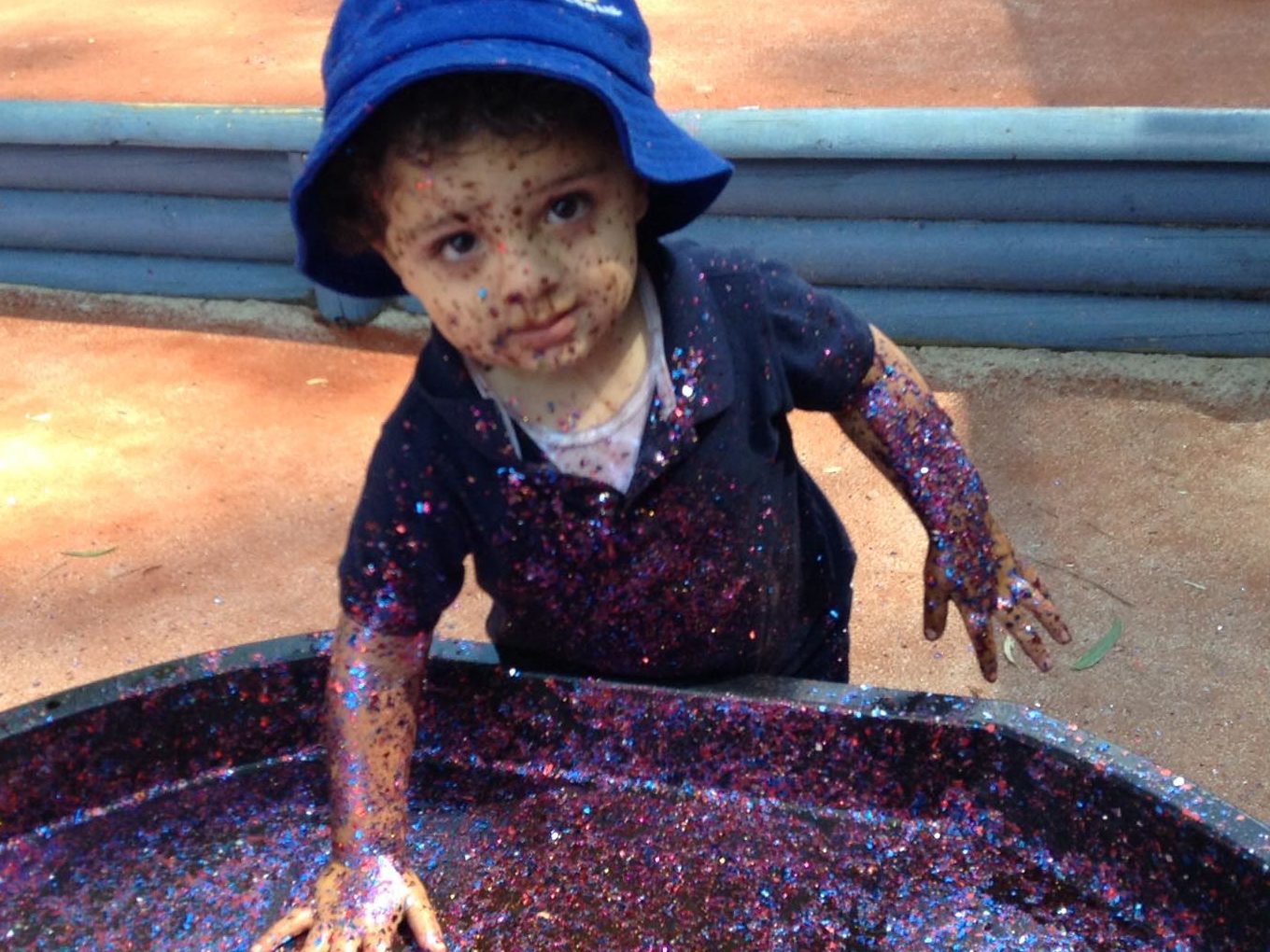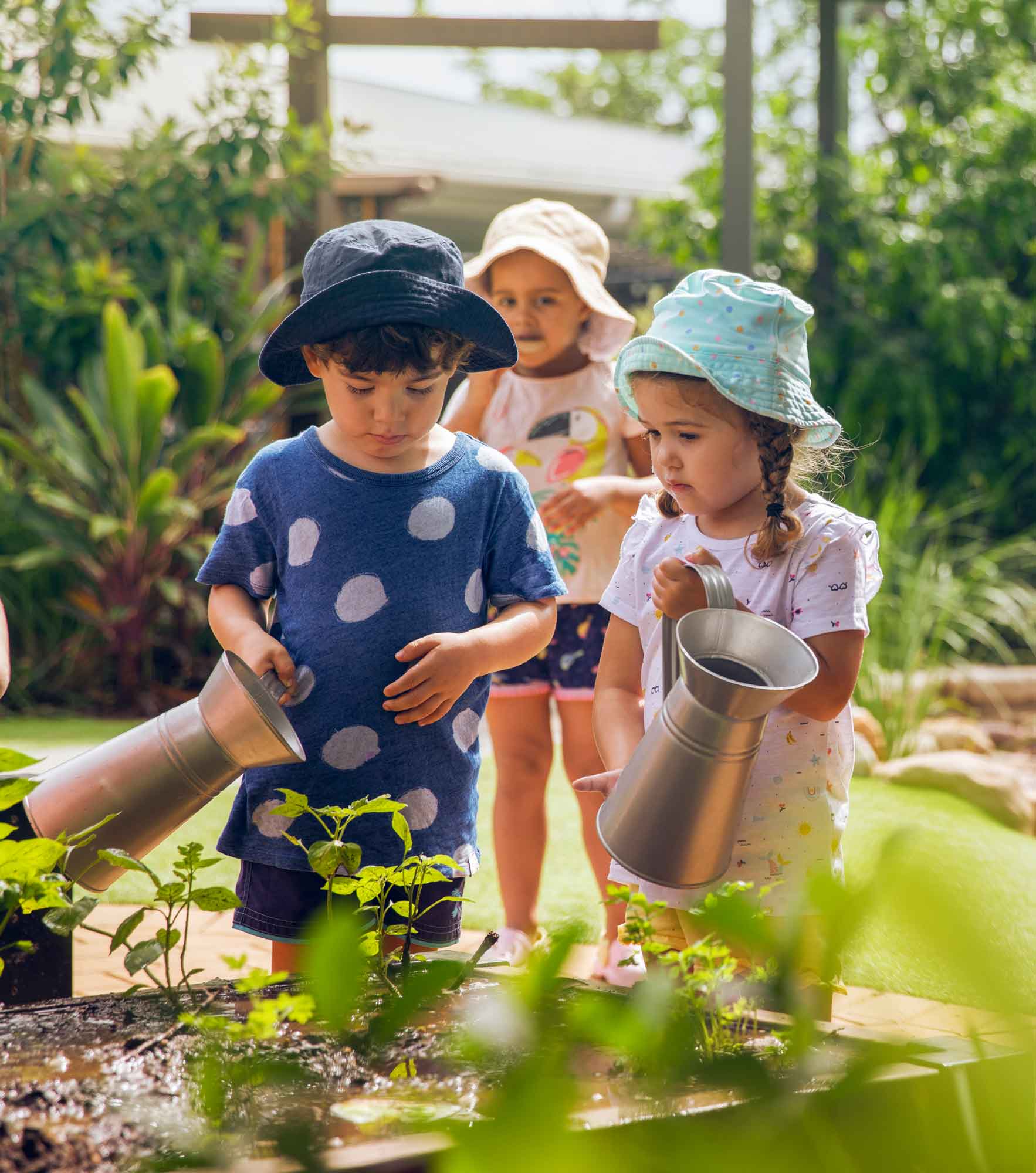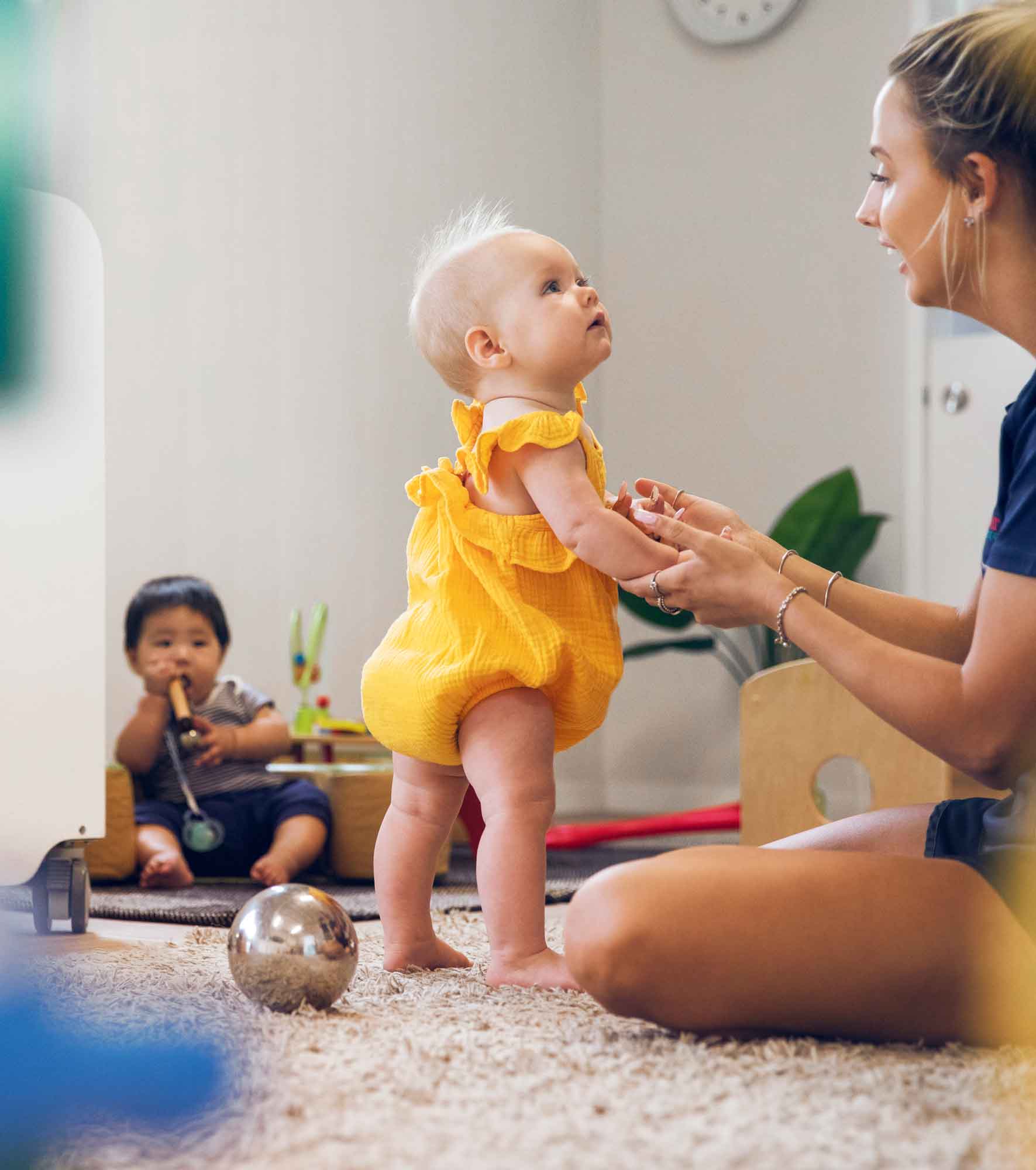Why Is Messy Play Important?
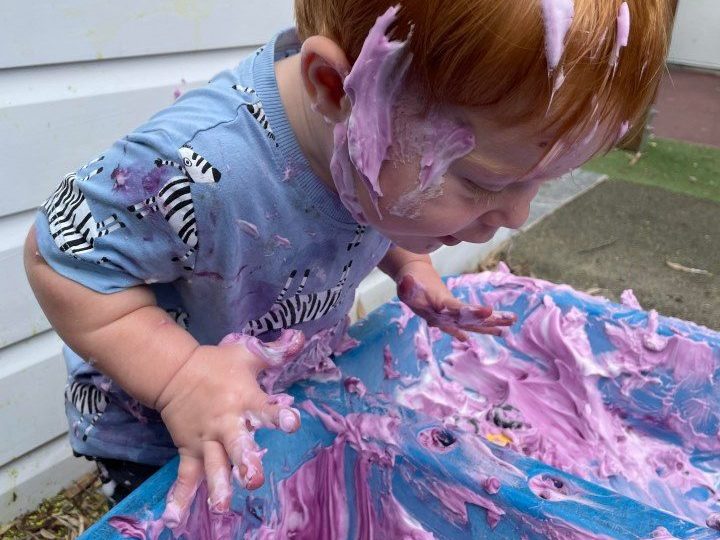
In this article, Susan Castle, the Educational Leader from Journey Riverhills, is going to share some advice about the “Messy Play” and how it can help to create endless opportunities for your child to develop important skills.
Children love making a mess
Whether that’s squishing jelly through their hands, smearing paint across their faces or crunching cereal between their fingers!
Research shows that messy play is one of the best ways to learn. By being given the freedom to play with things that make a ‘mess’ children have given no expectations on what they should produce, in other words, they can focus on process over product.
Learn more about play based learning!

How can messy play help?
If they have no expectations of what it is that is to be produced, they cannot go wrong. There are no restricting end goals… the possibilities are endless. If they cannot go wrong, they will develop the courage and confidence to be curious, make their own discoveries, problem solve, have a go, and keep trying. All characteristics of effective learning that we all want all children to have to be successful lifelong learners.
Messy play or sensory play as it is also known helps children and babies learn how to use their senses to learn, being tuned into their senses helps children to understand the world around them.
Check out more sensory play ideas in this article!
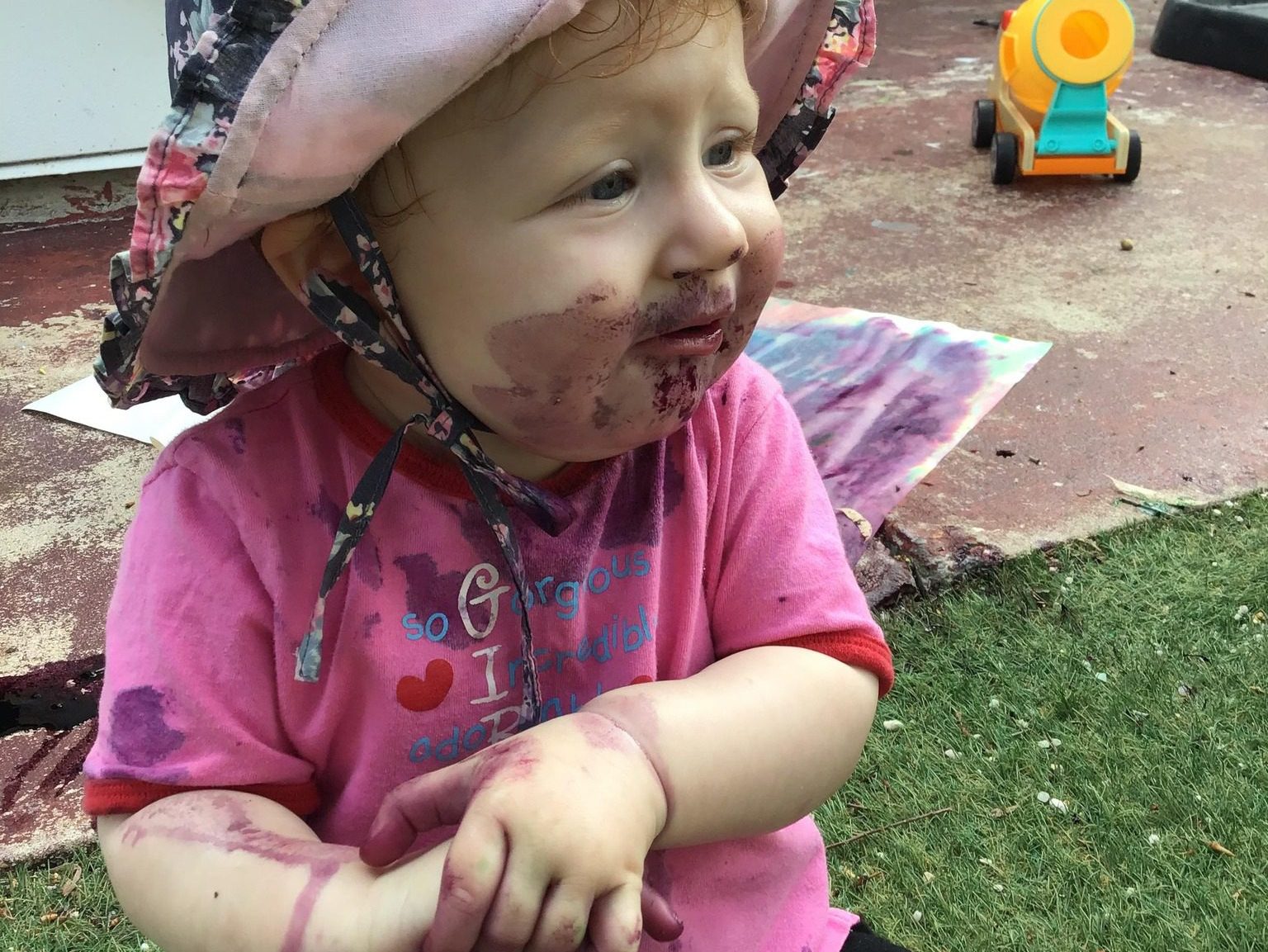
Benefits of messy play
During the play, children can contemplate and wonder “what happens if I do this”, in other words, it enables them to learn to think for themselves. The possibilities are endless therefore children develop their divergent thinking skills.
Through this experience, children can develop their communication and language skills and build relationships with those around them by testing ideas and discussing them.
Children are practising their fine motor skills during messy play, often using tweezers, sponges, brushes, and scissors. Fine motor skills are needed to develop their hand and finger muscles ready for writing.
Messy play can also help children to self-regulate their emotions, it is often calming as well as interesting and allows children to be free from distraction.
If this is not all reason enough just look at their little faces as they experience messy play!!
